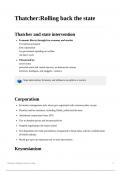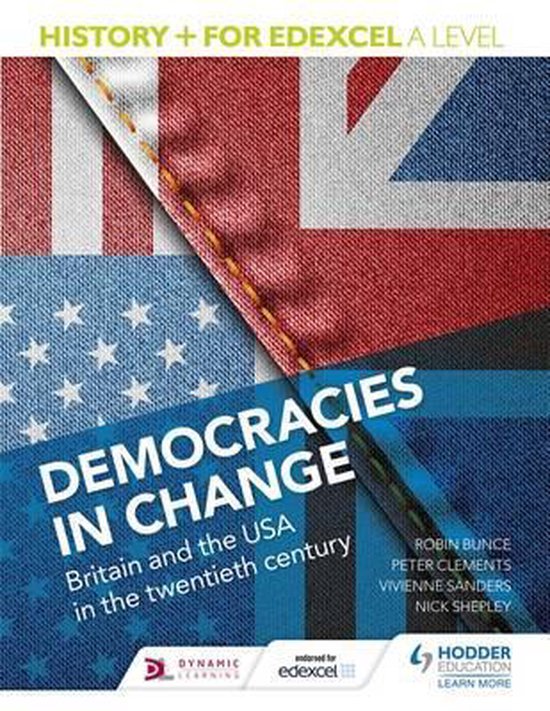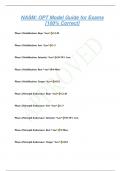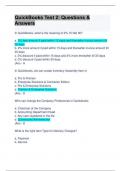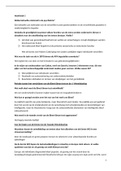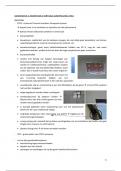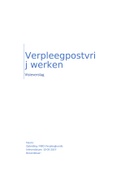Summary
Britain Transformed A-Level History Thatcher Summary Notes: State
- Institution
- PEARSON (PEARSON)
Edexcel Paper 1 A-level History notes which summarise the textbook chapters. The notes roughly summarised and paraphrased are intended to aid ones revision for the exam. In order to receive the most out of this, I would recommend creating flashcards from them and using as prompts instead of the tex...
[Show more]
